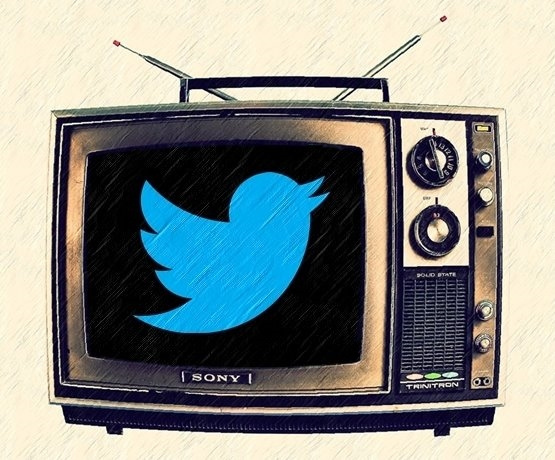
As media organizations figure out how to cover the Trump Administration and the first tweeting president, there is soul searching taking place both within the media and among media consumers about media objectivity and the role of social networking sites in the news. The rise of non-traditional online media outlets, tensions between the White House and journalists, and arguments over “alternative facts” has brought new challenges to long-held assumptions about journalistic accountability and objectivity.
Sociologists have long been critics of “objectivity” in the media and have noted the erosion of assumed standards of objectivity in the news room.
- Micheal Schudson. 2011. The Sociology of News. W.W. Norton.
At the same time, survey data shows that here has been a loss of trust in the media. This year’s Reuters Institute Digital News Report finds that only 33% of Americans say that they trust the news “most of the time” compared to 65% of Finns. Though declining trust in the media is not necessarily new, the 2016 election cycle saw a sharper decline.
- Yariv Tsfati and Gal Ariely. 2014. “Individual and Contextual Correlates of Trust in Media Across 44 Countries.“ Communication Research 41: 760–782.
- Nicholas A Valentino, Mathew N. Beckmann and Thomas A. Buhr. 2001. “A Spiral of Cynicism for Some: The Contingent Effects of Campaign News Frames on Participation and Confidence in Government.” Political Communication, 18(4): 347-367.
Elections and election coverage often leave audiences with the feeling that media organizations are more focused on partisanship rather than interrogating policy positions. This challenges audiences’ notions of media objectivity when media organizations and journalists are perceive to be picking favorites.
- David Nicolas Hopmann, Adam Shehata and Jesper Strömbäck. 2015. “Contagious Media Effects: How Media Use and Exposure to Game-Framed News Influence Media Trust.“ Mass Communication and Society 18(6): 776-798.
- Robert Entman. 2007. “Framing Bias: Media in the Distribution of Power.” Journal of Communication 57: 163-173.
The challenge of objectivity is particularly great when journalists engage with audiences on social networking sites like Twitter, which appear to blur the lines between professional and personal opinion. When journalists tweet, the tension between norms of objectivity and accountability are heightened, but it also provides a way to direct traffic to published artciles. Sites like Twitter provide journalists a platform for engaging audiences in real time and provide a means for journalists to prime audiences for a developing story.
- Ian Sheinheit & Cynthia J. Bogard. 2016. “Authenticity and Carrier Agents: The Social Construction of Political Gaffes.” Sociological Forum 31(4): 970-993.
- Farida Vis. 2013. “Twitter as a Reporting Tool for Breaking News.“ Digital Journalism 1(1): 27-47

Comments